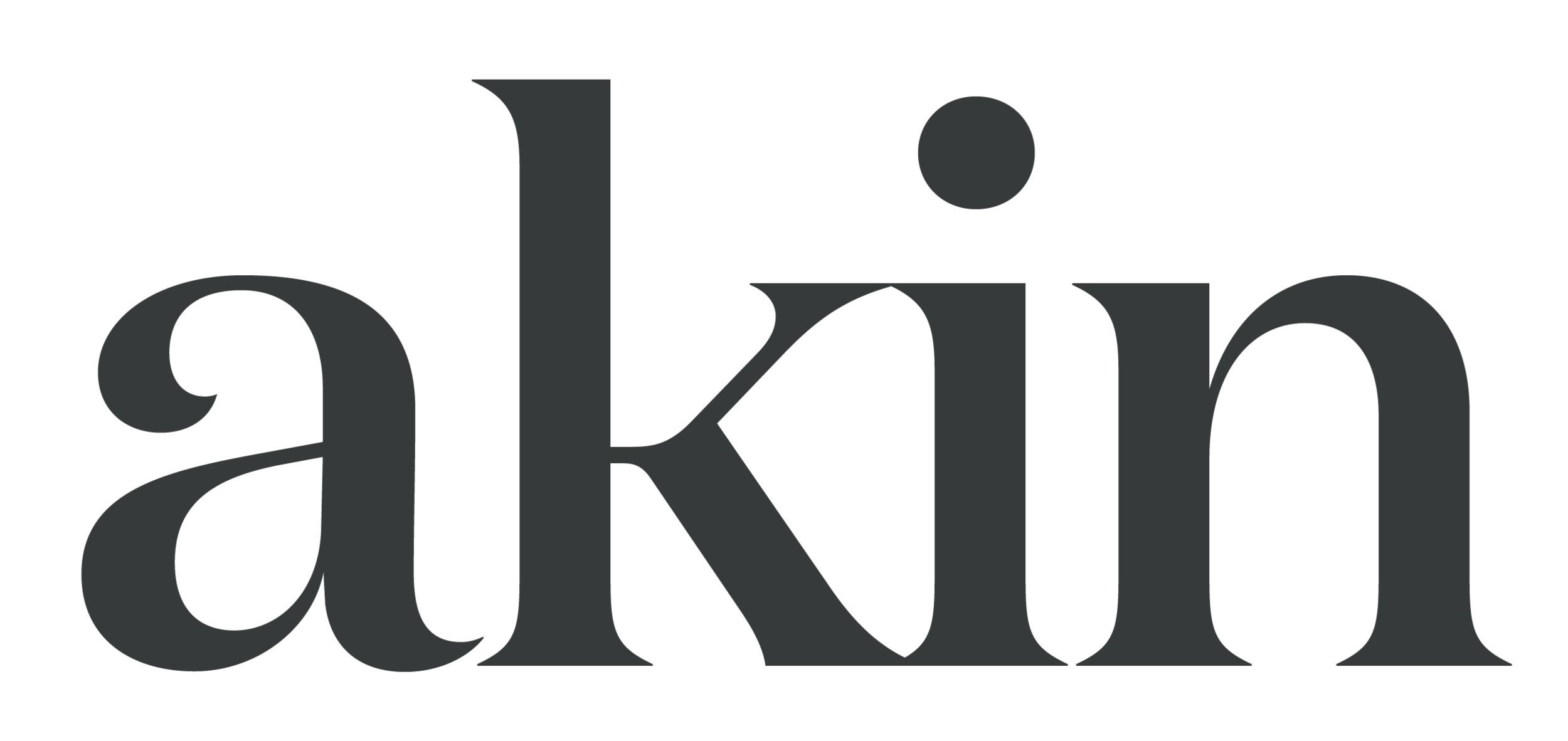akin Voices
Expert Voices
Back to All Posts
Hear directly from leaders in maternal health and wellness as we explore creative questions in our interviews, and delve deeper into topics we find really important to focus on. You’ll even find some personal stories from our experts from their own experiences of becoming parents themselves.
Whatever you may be feeling — just know that it’s common and you are not alone. If you don’t want to have sex, don’t feel pressured to do so, just because the doctor told you to go for it.
Hot flashes and night sweats - some of the most common complaints of early postpartum. But it doesn't always stop after the 4th trimester, and can be a big steamy hot red flag that we need to support one hormone in particular... estrogen.
LA postpartum doula Stephanie Matthias shares really practical suggestions for how to prepare for the postpartum period.
Knowing what to do when you think you might be pregnant can be confusing. When can you take a pregnancy test? If it’s positive, when do you make a prenatal appointment? What are the guidelines on taking care of yourself before you see a care provider? We break things down here with help from SF-based doula Lauren Miller Brown.
So often women are told to slow down when pregnant, and while for some high-risk pregnancies bed rest is required, in most healthy pregnancies, regular movement is recommended. Hear from Peri Hughes, SF based prenatal fitness expert on how you can safely approach exercise during pregnancy.
Up to eighty percent of women experience some type of nausea during pregnancy. Here are a few natural remedies that may help manage and reduce your morning sickness without side effects.
Luckily, there are so many ways your acupuncturist can support you virtually - both keeping you on track towards your reproductive health goals, and also supporting your mental and physical health.
You might be surprised by what you can discover about your body by tuning in and putting in a little bit of effort. If done correctly, a few months of observing your basal body temperature (BBT) can give you a ton of answers.
Feeding your baby: it seems like it should be intuitive, natural, and straightforward. But we've learned that it takes time, patience and some serious dedication — and it doesn’t always turn out as we planned. And that's okay. What’s most important is that your baby eats.
Does your provider make you feel supported, heard, and safe? Do you feel comfortable with the birthing locations that are available to you? If your answer isn’t “yes” to either of these questions, know that you don't have to settle for the status quo. Learn more about choosing a provider and birthing location here.
As you begin to think about getting pregnant, besides understanding your own biology, it can really help to get in tune with your body (even on the most basic level).
If you’re eating whole foods and your plate is colorful, you’re setting yourself up to get a greater variety of vitamins and nutrients which is what your body needs to perform at its best- i.e. heal faster.
The more nutrient dense, cooked, delicious things you can have in the fridge that are easy to heat and eat, the better. You’re just setting yourself up to make healthy meal choices.
After birth, starting with foods that are nutrient dense and easier to digest is important, since your body is going through big changes and digestion can be compromised.
At our 6 week follow up with our OB/GYN, we got the OK to return to exercise and sex. We left our appointment a little confused. What does that mean? What if we don’t feel ready?
Prenatals can fill in the gaps of where you’re lacking in your diet, but they obviously aren’t a replacement for eating well.
Finding our way can be seriously challenging as we are removed from our natural environment: a village where women dote over us as we recover. In contemporary culture, without such support woven into our lives, it isn’t always clear how we recoup.
I need a moment to be still to see what’s inside. The current pushes and pulls and I cannot find my stroke. I’m lost, unable to find my own voice to soothe.
There’s endless information, advice, and judgement about what you should and shouldn’t eat, drink, and do during pregnancy.
Wondering how to safely work your core when pregnant? For us, this was a big area of concern (for obvious reasons). Here’s some great advice on the topic.
One complication of breastfeeding is the development of clogged milk ducts. Here are some tips on prevention, a few things to look out for, and suggestions on how to relieve them.






















The predominant narrative is that someone has to "heal" in order to be functional, but that simply isn't the case. I think the story we should be telling is of our bodies' resilience and adaptability, and of the need to do the hard work accepting our bodies, even amid the dramatic changes of pregnancy.